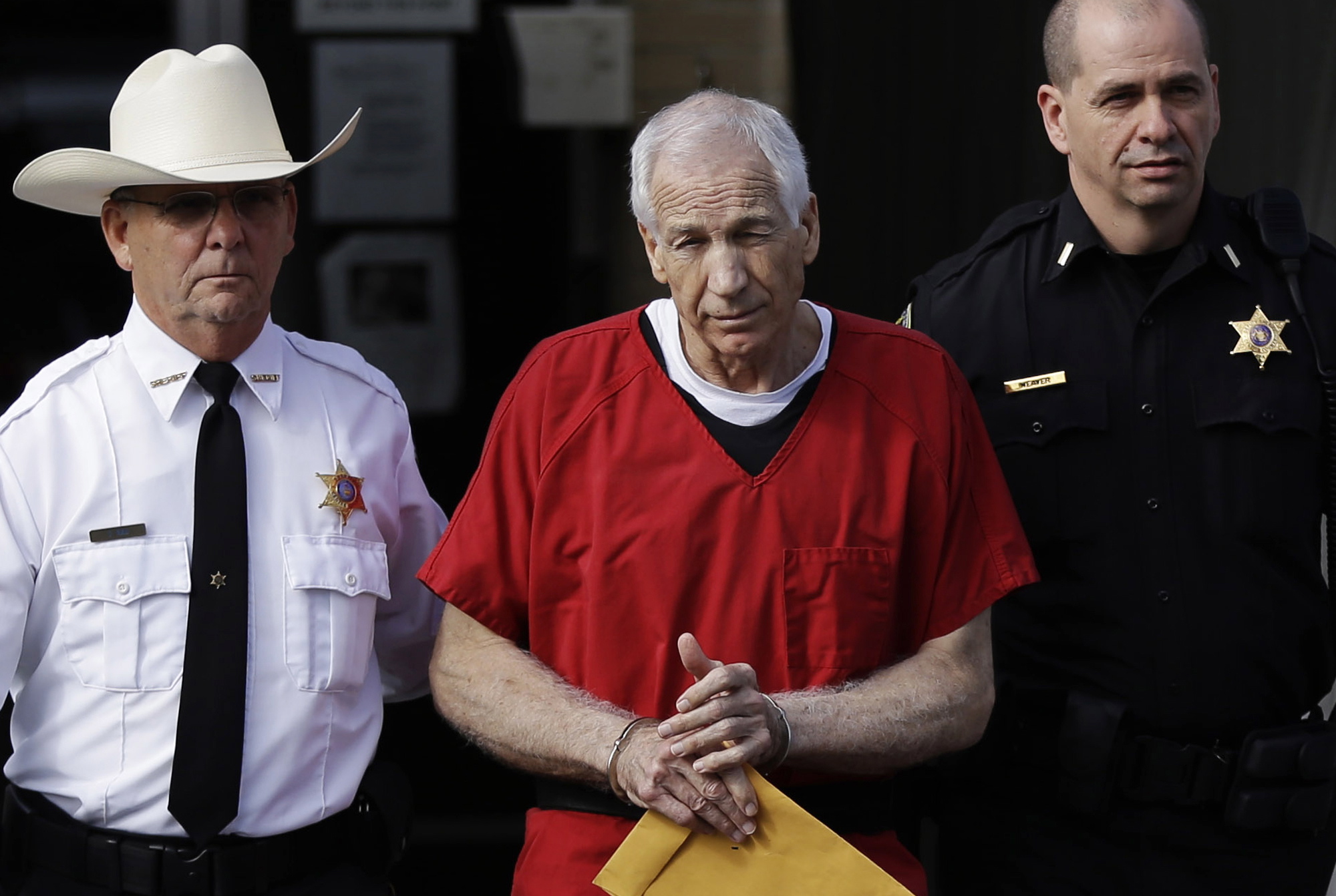As they watched Penn State struggle to contain a child sex-abuse scandal that ruined its once-pristine name and took down the mightiest of college coaches, schools around the country realized they needed to examine what they were doing so they wouldn’t see their reputations destroyed, as well.
At Mississippi, administrators passed a rule stating nobody 18 or over could have one-on-one contact with a minor.
At Kansas, they rewrote the language in their bylaws stating, in no uncertain terms, that any employee who didn’t comply with rules about reporting sex crimes could be fired.
To keep better tabs on who comes and goes from its campus, Stanford started running all its kids camps in-house instead of letting coaches run them independently.
And Southern California brought in none other than Louis Freeh, the former FBI director who wrote the report on the failings at Penn State, to brief top brass on what good policies and rules should look like.
In all, 55 of 69 BCS football schools — 79.7 percent of those playing at the highest level in college — either reviewed or strengthened their policies regarding minors on campus in the wake of the case involving Jerry Sandusky, an Associated Press review found.
“The conversation started the minute the Penn State situation was made public,” said Mississippi associate athletic director Lynnette Johnson, who called the 18-and-over policy the lynchpin of the changes at their campus in Oxford, Miss. “We’ve been looking at our policies for quite some time and we wanted to build something that’s comprehensive, manageable and can actually be enforced.”
While schools were rewriting their rules, no fewer than 32 state governments were also reviewing their statutes, with at least 18 of those adopting new laws, most of them adding university employees and volunteers to the list of those required to report child sex abuse.
In November 2011, Sandusky, the former Penn State assistant coach, was arrested on 40 child sexual abuse counts. Additional counts were included in December, and some were dropped at the start of his trial. In the end, he was convicted on 45 of those counts and is serving a prison term of 30 to 60 years. Within days of his arrest, coach Joe Paterno was fired and the school president, Graham Spanier, was forced out.
A July 2012 report authored by Freeh detailed the flaws at Penn State and offered recommendations for change at the university. Penn State established a “Progress” website detailing the multiple changes it is making in response to the scandal and the report.
But Penn State was hardly the only school that performed an unflinching review of its policies.
The AP canvassed the 69 schools in the BCS conferences in 2012, along with Notre Dame, and found that, in addition to the 55 that said they reviewed or changed their rules in response to the Sandusky case, another 12 had recently done that work in response to a push from the U.S. Department of Education, or because of incidents that occurred on their own campuses or laws passed in their states.
“We didn’t want to be in a position where we could say it couldn’t happen here,” said Mark Land, spokesman at Indiana University, one of the universities that reviewed and beefed up its policies. “Penn State is a great university and does great things, and it happened there, so we felt like if we didn’t learn something from Penn State, that was on us.”
Two schools, Oklahoma and South Carolina, reported no action: South Carolina sent AP a copy of its sexual-harassment policy, last revised in 2010; Oklahoma said its policies are under constant scrutiny, though events elsewhere don’t trigger changes.
Not that rules can prevent everything. Before the scandal at Penn State, the university had a long list of rules on the books that were in line with what existed at other schools. Despite that, the Freeh Report noted that 234 of 735 coaches paid to work at summer sports camps in 2009 didn’t have their required background checks completed before their camp began.
When the universities did their reviews, some administrators were surprised at the number of minors who come to their campuses for a variety of programs that extend well beyond football camps.
At Auburn, and a handful of other schools, the review found departments across campus had several rules on the books but had never consolidated them in one place.



